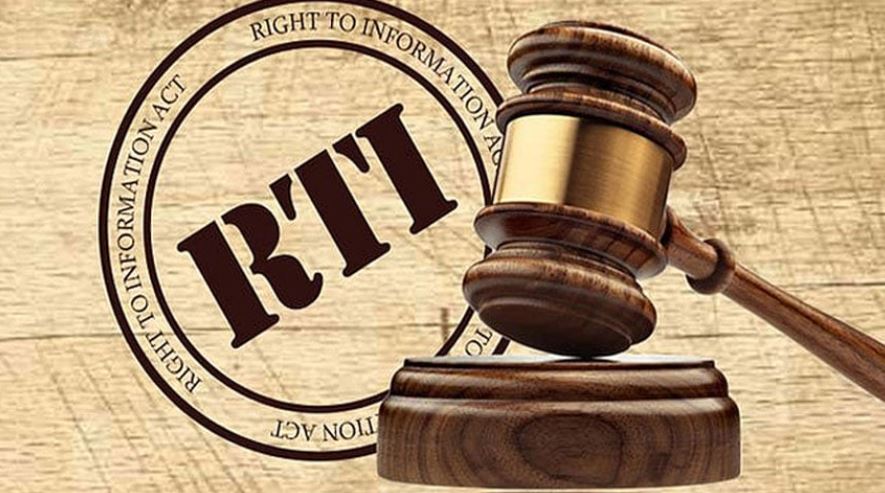The Supreme Court’s Scrutiny of RTI Appeal Procedures
The Supreme Court of India has taken up a pivotal case that challenges the existing procedural requirements for filing second appeals under the Right to Information Act (RTI). The court’s decision could significantly impact the accessibility and efficiency of the RTI process for citizens seeking information from government bodies.
Unnecessary Hurdles for Information Seekers
The public interest litigation (PIL), filed by Kishan Chand Jain, contends that Rules 8 and 9 of the RTI Rules, 2012, which mandate the submission of extensive documentation with second appeals, create undue burdens for information seekers, particularly those from marginalized sections of society. The petitioner argues that these procedural complexities often result in appeals being rejected on technical grounds rather than on their merits, thereby undermining the fundamental right to information.
Statistical Evidence of Procedural Bottlenecks
To bolster his case, the petitioner cites alarming statistics revealing that the Central Information Commission (CIC) returned nearly 1,09,286 appeals between 2015 and June 2024 due to a lack of required documentation. This highlights the magnitude of the problem and the urgent need for judicial intervention.
Redundancy and Constitutional Concerns
The PIL further asserts that the documents required under Rule 8 are already part of the records maintained by the Central Public Information Officers (CPIOs) and First Appellate Authorities (FAAs). Consequently, compelling appellants to resubmit these documents leads to unnecessary redundancy and potentially infringes upon their constitutional right to information.
Challenging the Mandatory Nature of Rule 9
The petitioner challenges the interpretation of Rule 9, which states that appeals “may” be returned for non-compliance with Rule 8. He argues that this provision should not be construed as mandatory, and the CIC’s practice of routinely returning appeals for procedural deficiencies is unjust and unwarranted.
Advocating for a Streamlined and Accessible Process
The petitioner proposes several solutions to address these concerns, including deeming Rule 9 non-mandatory, establishing a user-friendly online filing system for second appeals that eliminates the need for physical document submission, and integrating the records of PIOs, FAAs, CIC, and SICs to facilitate seamless information sharing.
Potential Impact on Transparency and Accountability
The Supreme Court’s decision in this case could have far-reaching implications for the transparency and accountability of government institutions. By simplifying the appeals process and reducing procedural barriers, the court can empower citizens to exercise their right to information more effectively, thereby fostering a more open and accountable governance system.
A Landmark Decision on the Horizon
As the Supreme Court deliberates on this crucial matter, the nation awaits a landmark decision that could reshape the landscape of the Right to Information Act and its implementation. The court’s verdict will not only determine the fate of countless pending appeals but also shape the future of transparency and accountability in India.

Sunil Garnayak is an expert in Indian news with extensive knowledge of the nation’s political, social, and economic landscape and international relations. With years of experience in journalism, Sunil delivers in-depth analysis and accurate reporting that keeps readers informed about the latest developments in India. His commitment to factual accuracy and nuanced storytelling ensures that his articles provide valuable insights into the country’s most pressing issues.



